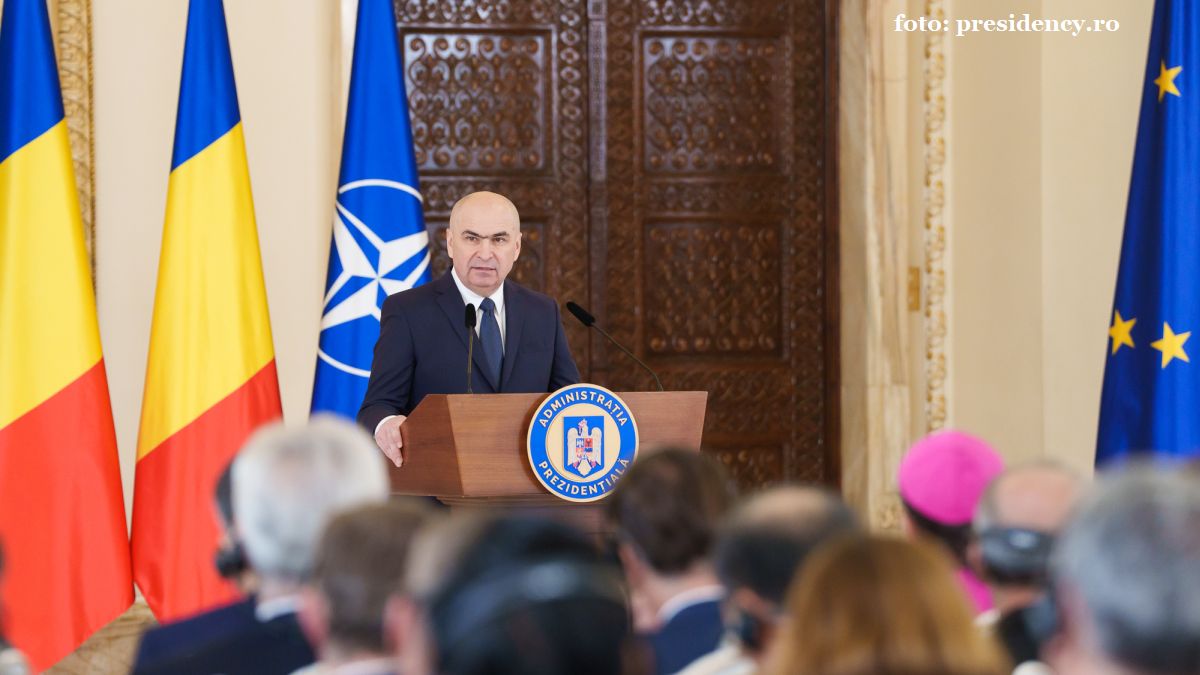Central Bank Report on Inflation
The National Bank of Romania decided to maintain the key interest rate at 6.5% per year and approved the latest inflation report

Daniela Budu, 11.11.2024, 13:50
The latest report on inflation was approved at the end of last week by the Board of Directors of the National Bank of Romania. According to the forecast, prices will increase slightly until the end of the year, and inflation will remain high. Against the background of this year’s severe drought and the increase in the quotations of some goods that push up the prices of food and energy, in 2025, the inflation rate will experience a sharp fluctuation and will remain above the anticipated values, the Central Bank estimates. Only in 2026, the report also shows, inflation will it resume its downward trend and fall below the 3.5% target proposed by the Central Bank.
Central Bank specialists point out that significant uncertainties and risks stem from the future conduct of fiscal and revenue policy, considering the fiscal-budgetary measures that could be implemented as of next year, but also from the conditions on the labor market and the dynamics of salaries in economy. At the same time, significant uncertainties continue to be associated with the evolution of energy and food prices, as well as the future trajectory of the crude oil price, against the backdrop of geopolitical tensions and conflicts. In the report, the NBR also emphasizes that in the second quarter of this year, Romania’s economic growth recovered due to the increase in population consumption, but also that investments reduced their positive annual dynamics, and the trade balance deficit deepened.
However, the dynamics of exports recovered in the July-August period, Central Bank experts point out. In the last monetary policy meeting of this year, the National Bank also decided to maintain the monetary policy interest rate (key interest rate) at 6.5% per year, as well as the interest rates at which commercial banks can borrow from the NBR at 7.5 percent. The current levels of the mandatory minimum reserve rates for liabilities in lei and in foreign currency of credit institutions, that is, those amounts that commercial banks are obliged to keep in the accounts of the National Bank, were also kept unchanged. Economic analysts believe that uncertainties, inflation, the upcoming election period and international developments are some of the elements that were the basis of the Central Bank’s decisions.
Analyst Dragoş Cabat explains: “I think that caution is the only one speaking now. The National Bank could not do anything else, given that, on the one hand, inflation is on a downward trend, at least in Europe, on the other hand, we still have the highest inflation in the European Union, and then it couldn’t have lowered the interest rate or increased it, because the economic growth is also very small this year.”
It should also be mentioned that this year, the Central Bank decided twice to lower the key interest rate, in July, from 7% per year to 6.75% per year, and in August to 6.5%. The monetary policy interest rate stayed unchanged from January last year. (MI)






























